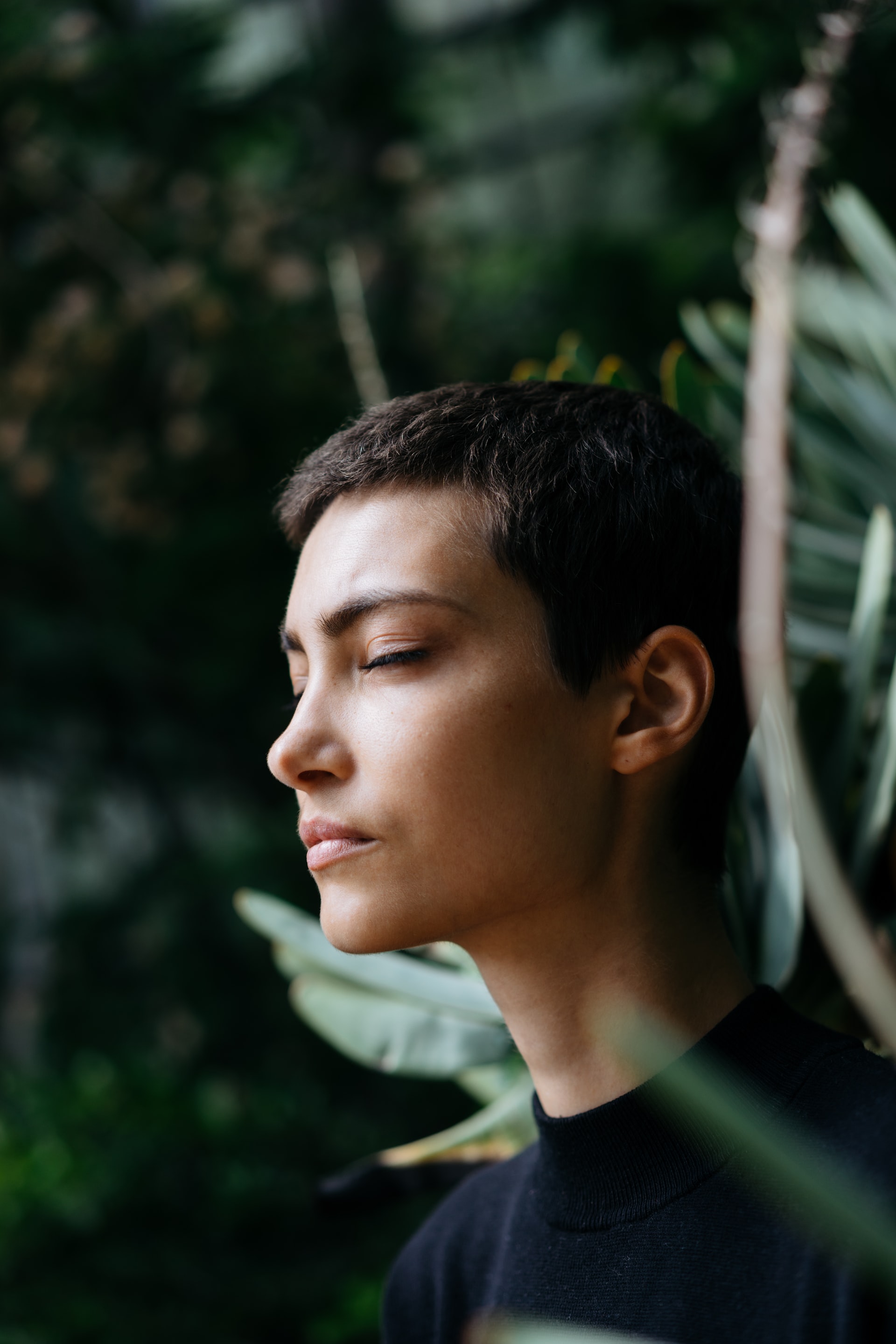Siddhartha Gautama, otherwise known as Buddha, lived during the fifth century BC.
To this day, many of his teachings survive and have even made their way to the western world—although they originated over 2,500 years ago.
Let’s take, for example, metta meditation. This tradition was taught by the Buddha while he lived and is still practiced by Buddhists and non-Buddhists alike. To have that kind of longevity, there must be something to it, right?
Today, I’m introducing metta meditation as another tool to add to our box of well-being. We’re going to learn what it is, its top three benefits, and how to get started.
What is metta meditation?
“Metta” is a word that comes from the ancient Pali language that’s still spoken in northern India. It translates to positive energy and kindness toward yourself and others. That’s why metta meditation is often referred to as “loving-kindness” meditation.
Loving-kindness meditation is a specific form of meditation practice that was taught by the Buddha thousands of years ago. Today, the many different Buddhist traditions have different approaches to metta meditation. The one thing these approaches all share in common is the goal of cultivating kindness and positive energy toward all beings.
What are the top three benefits of loving-kindness meditation?
There are more benefits to loving-kindness meditation than I can fit in this introduction. Instead, I’ve narrowed it down to the three most important benefits and detailed them below.
1. Increased positive emotions and decreased negative emotions.
One recent study tracked the emotional well-being of individuals who practiced loving-kindness meditation for seven weeks. In those seven weeks, participants reported increased positive emotions, such as love, joy, gratitude, hope, amusement, contentment, pride, and awe. At the same time, depressive symptoms and even illness symptoms decreased.
2. Increased compassion for ourselves.
Metta meditation starts by focusing on loving-kindness and positive energy toward ourselves and that, in turn, helps us develop self-compassion. A 2014 study demonstrated this benefit: participants became less critical toward themselves after practicing metta meditation.
3. Improved physiological health.
Loving-kindness meditations can also have an impact on our physiological health. One study found that metta meditation reduced chronic low-back pain and physiological distress in randomized patients. Another study had similar results for patients suffering from frequent migraines. A number of other studies have shown that metta meditation improves longevity, increases gray matter volume, and increases respiratory sinus arrythmia.
How to get started with loving-kindness meditation.
Like most meditations, we begin metta meditation by finding a comfortable seated position. We spend a few minutes connecting with our breath and focusing on being present.
The main technique employed in metta meditation is the silent repetition of certain phrases. Some of the most commonly used phrases are:
May I be happy.
May I be well.
May I be healthy.
May I be safe.
May I be peaceful.
May I be at ease.
The meditation begins with ourselves (I) and then gradually moves outward to include others (you):
May you be happy.
May you be well.
May you be healthy.
May you be safe.
May you be peaceful.
May you be at ease.
The phrases we use may be different, but they’re always intended to express kind intentions. Each phrase must be repeated with mindfulness. That is, we should hold each phrase in our hearts and allow ourselves to feel the outpouring of love and kindness.
Metta meditation is an ancient and powerful form of meditation. Otherwise known as loving-kindness meditation, it increases the compassion we have toward ourselves and others.
However, it only holds that power when practiced consistently and mindfully.
~











Read 4 comments and reply